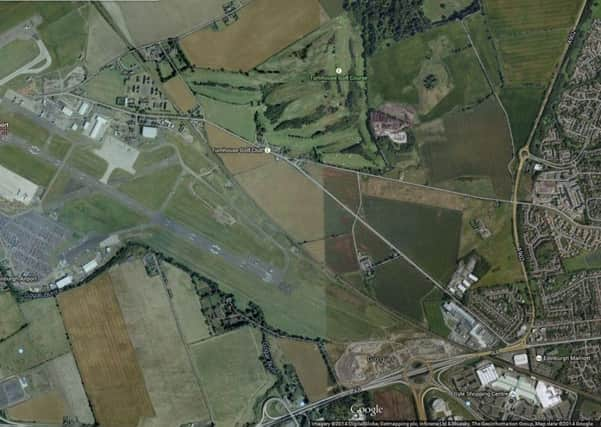Steve Cardownie: Edinburgh planners must allow new homes to be built


That target is to build 16,000 affordable homes over the next ten years, in partnership with housing associations, as the council tries to grapple with the thorny issue of homelessness.
With Edinburgh’s population continuing to rise, sites on the outskirts of the city are in greater demand as it expands south, east and, of course, west in an effort to cope with the ever-increasing demand.
Advertisement
Hide AdAdvertisement
Hide AdSites to the west are particularly attractive as they offer connectivity to the airport, trams and railway system, as well as closer proximity to the Central Belt and the out-of-town shopping centres that pepper Edinburgh’s boundaries. The council has set ambitious affordable housing targets and realises the importance of solving the homelessness issue, but this has not always been reflected in some decisions by the planning committee with several applications that contained an affordable housing element being refused.
The 73-hectare site in question is expected to designate 25 per cent of the 1,400 homes as affordable housing, which should please housing associations no end. The terrible problem faced by homeless people in Edinburgh has been witnessed and extensively reported by this paper so there is no excuse for inertia by our elected representatives. It is perfectly evident for all to see that on this issue at least, actions speak louder than words and that planning committees must be aware of their responsibilities.
It is all too easy for planning committee members to vote against a proposal on a whim or because of an imagined deficiency in the plans but homeless people want to see some positive decision-making, not a personal bias against proposed developments which could lead to their refusal and exacerbate, not solve, the problem.
Planning committee members, comfortably cocooned in their homes, must spare a thought for those others who wish to “aspire” to a similar status!